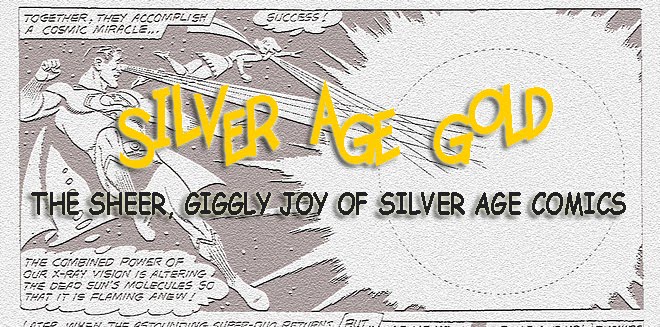The Japanese did not understand the American psyche. America's citizens had been struggling and debating whether or not to get involved directly in the events of the war being waged by the Axis powers. Japan, instead of merely frightening America, gave us a reason to feel that this was our fight too.
The covers below illustrate the thinking of the times in the days and years following Pearl Harbor:

After twelve issues of battling Nazi spy rings, Cap takes the fight to the Pacific.

Too young to enlist, the Young Allies join in anyway.

I love how the Japanese labeled their Counterfeit bond plant. And in English, no less.
These covers are very much of their time. Today, We understand the Japanese better and they understand us better. And though the art contains racial stereotypes that today seem crude and ignorant, the goal was to show that we would not take defeat lying down.
If there is a lesson to be learned from 12/07/41, and I believe there is, it may be: It is better to be vigilant, than to be vengeful.
R.I.P. Pearl Harbor victims.

I don't think the Japanese thought their attack would scare us out of joining in the war so much as cripple our fleet long enough that they would be able to achieve an indomitable position, giving us so much of an uphill battle that we wouldn't be able to fight for very long, and would be forced to sue for a peace that was favorable to Japanese interests.
ReplyDeleteThe attack, successful in a narrow sense, failed strategically. To paraphrase an old expression: generals always start out fighting the previous war. Few visionaries foresaw the importance of naval aviation. When it was revealed to Adm. Yamamoto that no U.S. carriers were in the harbor during the attack, he realized that the plan failed. WW II was the last hurrah of the classic big-gun ship - the end of the arms race whose roots were in the aftermath of the Battle of Trafalgar. (And Mahan's Inlfuence of Seapower in History.)
Of course, Yamamoto knew from his experiences in the U.S. (and from his own political ideology) that war with the U.S. was a bad idea, but being a good soldier, he planned what he felt was the best opening move if his nation was bound and determine to go to war with the U.S. Truthfully, if the attack had managed to do more damage - both to the Battleships that were in the harbor and the Carriers that were not, we might be reading a much different history to-day.
Two things gave Yamamoto pause - U.S. potential industrial capacity, and the fact that any attack on us would, rather than hurt morale, galvanize our resolve. Sadly, Tojo and the Japanese General Staff chose to ignore his concerns, as they were bent on war and domination - much as their allies in Europe. The end result was a lot of pointless death and destruction.
In the end, the "good guys" won, but at what cost? And has there ever been another war where it was so starkly clear which side were the "good guys" and which were the "bad guys" in all of history? I'd maintain that this is the reason that the topic of World War II still holds such resonance with us to-day, whether in discussions like this, or as a setting for movies, video games, or any other fiction. (Never has the epic struggle between good & evil been so clearly defined outside of fantasy fiction or mythology.)
I think you are 100% correct about these covers. As terrifyingly racist as they are, I imagine they did wonders for stiffening the backs of American kids whose fathers and brothers were out risking their lives every day to defend not just our "freedoms" but our very existence as a nation and a culture. This was a time when our whole nation was at war, from soldiers, to men & women working in factories to keep the war effort going, right down to comics artists and kids collecting scrap metal.
The average American to-day is so insulated from war, that it's no wonder we have war endlessly. It's truly pathetic. The last war that we really felt was Viet Nam - and that was because we still had a media that wasn't afraid to cover it, and a draft that brought the danger into clear focus for so many people, and made them question why we were involved at all.
I also agree with you regarding the lesson to be learned. Vengeance doesn't bring back the dead, but Vigilance in the future (and maybe understanding, in order to resolve conflict peacefully), can go along way towards avoiding such catastrophes.
Still, negotiations will go nowhere so long as one side prefers conflict. And, I believe that's what happened in 1941. Tojo had decided he didn't want negotiations (and probably, neither did many U.S. officials), and decided to fire the first shot. And don't even get me started on his allies in Germany and Italy ...
I'd better just quit now, before my tendency to ramble goes completely off the rails.
7
Aaron: Very nice tribute to the American spirit. What beautiful covers! "You started it! Now We'll finish it!" Good ol' Cap! -- Mykal
ReplyDelete